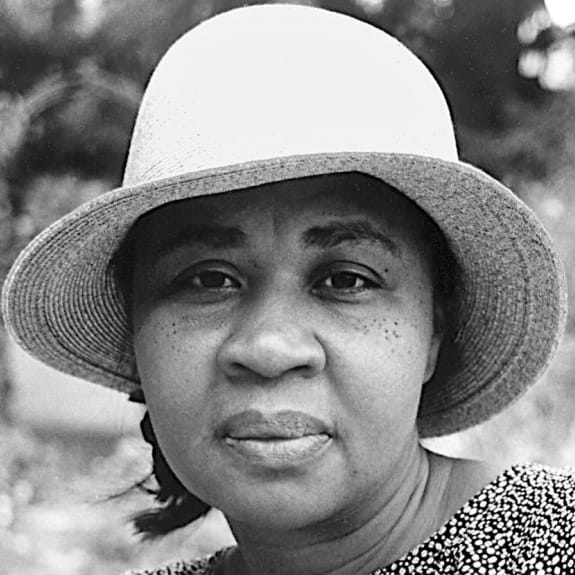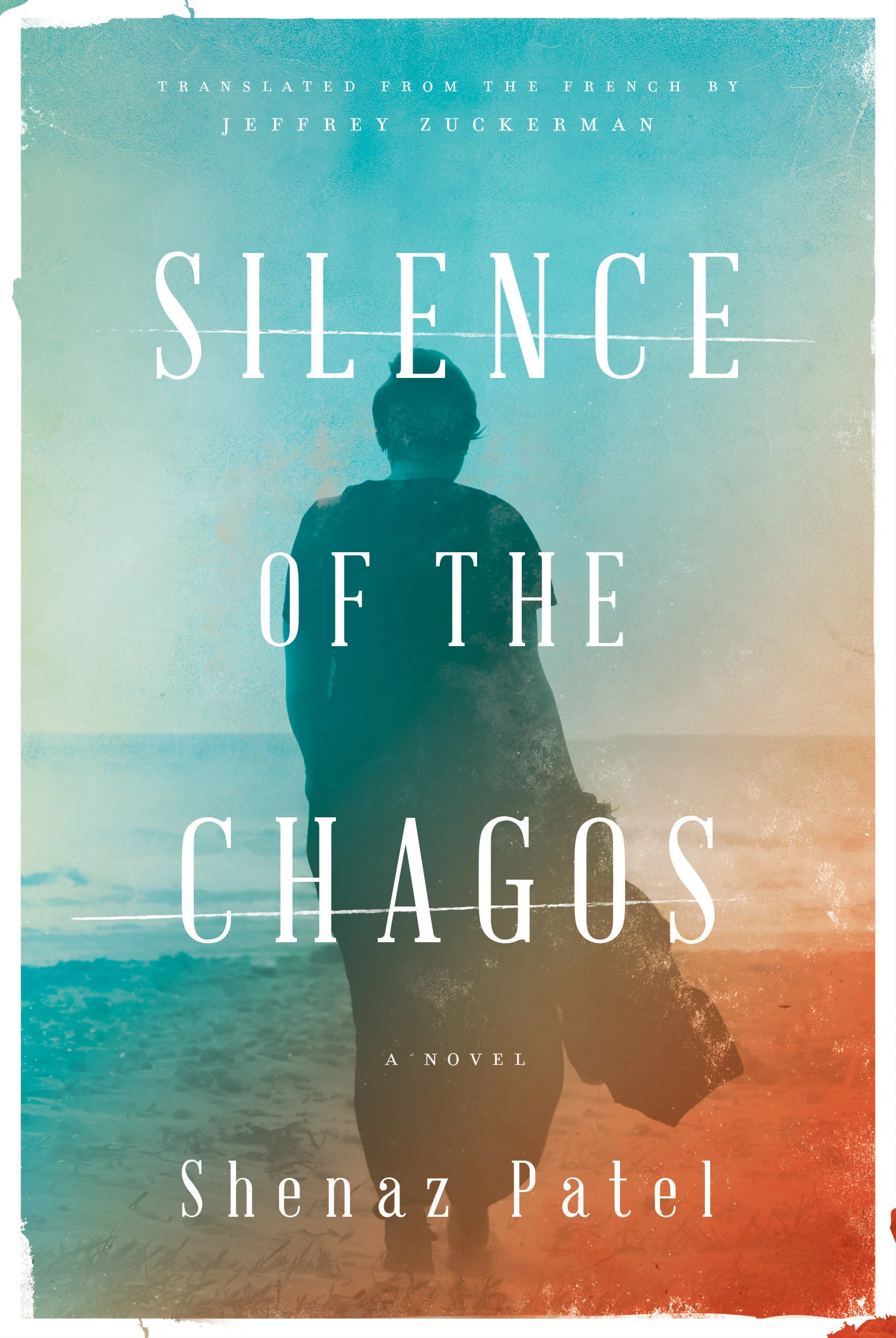Robinson Crusoe: 300th Anniversary Edition
Robinson Crusoe: 300th Anniversary Edition
By Daniel Defoe
Introduction by Jamaica Kincaid
Illustrations by Eko
Restless Classics presents the Three-Hundredth Anniversary Edition of Robinson Crusoe, the classic Caribbean adventure story and foundational English novel, with new illustrations by Eko and an introduction by Jamaica Kincaid that recontextualizes the book for our globalized, postcolonial era.
Paperback • ISBN: 9781632061195
Publication date: Aug 27, 2019
Other buying options:
About the Book
Three centuries after Daniel Defoe published Robinson Crusoe, this gripping tale of a castaway who spends thirty years on a remote tropical island near Trinidad, encountering cannibals, captives, and mutineers before being ultimately rescued, remains a classic of the adventure genre and is widely considered the first great English novel.
But the book also has much to teach us, in retrospect, about entrenched attitudes of colonizers toward the colonized that still resound today. As celebrated Caribbean writer Jamaica Kincaid writes in her bold new introduction, “The vivid, vibrant, subtle, important role of the tale of Robinson Crusoe, with his triumph of individual resilience and ingenuity wrapped up in his European, which is to say white, identity, has played in the long, uninterrupted literature of European conquest of the rest of the world must not be dismissed or ignored or silenced.”
About Restless Classics
We all have “the list”: those classic books that we have the best intentions of reading, but which, after graduating from school, become less urgent priorities. We've set out to address this problem with Restless Classics—a series of beautifully packaged, newly introduced and illustrated great books from the past that still speak to our time, our place, and, especially, our restlessness. In addition to their original artwork and fresh introductions, Restless Classics brings the classroom experience to the reader with linked online teaching videos.
Find out more at restlessbooks.com/classics
Praise for the Restless Classics Edition
“It’s a triumph. Kincaid, at the start, writes that she herself is a ‘Friday in all but name,’ giving the main character, his creator, and the empire that birthed them what-for; the Mexican artist Eko contributes gorgeous and striking illustrations throughout the text. This is a wonderfully published book, right down to the ‘blurbs,’ which come waltzing through history from Ms. Woolf, Mr. Coetzee, Mr. Fuentes, Mr. Dickens, and Mr. Samuel Johnson, who rightly asks, ‘Was there ever anything written by mere man that was wished longer by its readers?’”
—Casey Cep, The New Yorker
“There are a couple of ways to read a book written three hundred years ago. One can read it viewing the world as it was in the time the book was written, or one can assume today’s societal values and political correctness. In this edition, readers really can have it both ways. One can read the text of the book alone and enjoy the beautiful writing of Daniel Defoe and this rather incredible adventure story, or one can begin with the amazing introduction by Jamaica Kincaid and read the book with today’s point of view…. Defoe’s works were groundbreaking and deserve to be read through an historical lens, giving today’s readers an opportunity to see how much the world has, thankfully, changed.”
—Rosi Hollinbeck, Manhattan Book Review
Praise for Robinson Crusoe
“The true symbol of the British conquest is Robinson Crusoe who, shipwrecked on a lonely island, with a knife and a pipe in his pocket, becomes an architect, carpenter, knife-grinder, astronomer, and cleric. He is the true prototype of the British colonist just as Friday (the faithful savage who arrives one ill-starred day) is the symbol of the subject race. All the Anglo-Saxon soul is in Crusoe; virile independence, unthinking cruelty, persistence, slow yet effective intelligence, sexual apathy, practical and well-balanced religiosity, calculating dourness.”
—James Joyce
“[Robinson Crusoe] is a masterpiece, and it is a masterpiece largely because Defoe has throughout kept consistently to his own sense of perspective… The mere suggestion—peril and solitude and a desert island—is enough to rouse in us the expectation of some far land on the limits of the world; of the sun rising and the sun setting; of man, isolated from his kind, brooding alone upon the nature of society and the strange ways of men.”
—Virginia Woolf
“Like Odysseus embarked for Ithaca, like Quixote mounted on Rocinante, Robinson Crusoe with his parrot and umbrella has become a figure in the collective consciousness of the West, transcending the book which—in its multitude of editions, translations, imitations, and adaptations (“Robinsonades”)—celebrates his adventures. Having pretended once to belong to history, he finds himself in the sphere of myth.”
—J.M. Coetzee
“Robinson Crusoe, the first capitalist hero, is a self-made man who accepts objective reality and then fashions it to his needs through the work ethic, common sense, resilience, technology and, if need be, racism and imperialism.”
—Carlos Fuentes
“I thought it that Robinson Crusoe should be the only instance of a universally popular book that could make no one laugh and could make no one cry . . . I will venture to say that there is not in literature a more surprising instance of utter want of tenderness and sentiment, than the death of Friday.”
—Charles Dickens
“Was there every anything written by mere man that was wished longer by its readers, excepting Don Quixote, Robinson Crusoe, and the Pilgrim’s Progress?”
—Samuel Johnson
About the Author
Daniel Defoe (c. 1660–1731) was an English writer, journalist, and spy, who gained enduring fame for his novel, Robinson Crusoe. Defoe is notable for being one of the earliest practitioners of the novel and helped popularize the genre in Britain. In some texts he is even referred to as one of the founders, if not the founder, of the English novel. A prolific and versatile writer, he wrote more than five hundred books, pamphlets, and journals on various topics (including politics, crime, religion, marriage, psychology and the supernatural). He was also a pioneer of economic journalism.
About the Introducer
Jamaica Kincaid is a Caribbean American writer whose essays, stories, and novels are evocative portrayals of family relationships and her native Antigua. Settling in New York City when she left Antigua at age 16, she became a staff writer at The New Yorker in 1976. Her books include the short story collection At the Bottom of the River (1983), the novels Annie John (1984) and Lucy (1990), the three-part essay A Small Place (1988), the novel The Autobiography of My Mother (1996) and nonfiction book My Brother (1997). Her “Talk of the Town” columns for The New Yorker were collected in Talk Stories (2001), and in 2005 she published Among Flowers: A Walk in the Himalaya. Her most recent book is the novel See Now Then (2013). She is a professor in the department of African and African American Studies at Harvard University and lives in Vermont.
About the Illustrator
Born in Mexico in 1958, Eko is an engraver and painter. His wood etchings, often erotic in nature and the focus of controversial discussion, are part of a broader tradition in Mexican folk art popularized by José Guadalupe Posada. He has collaborated on projects for The New York Times, the Frankfurter Allgemeine Zeitung, and the Spanish daily El País, in addition to having published numerous books in Mexico and Spain.
BOOK DETAILS
Paperback: $19.99
ISBN: 9781632061195
eBook ISBN: 9781632061201
Publication date: Aug 27, 2019
5.5" x 8.25" • 384 Pages
Fiction: Classics / World Literature / Caribbean / Adventure / Postcolonial Studies
Territory: World













Our virtual classics book club continues this June with Robinson Crusoe, a gripping story of peril and survival and ultimate isolation (relatable!)—and an unparalleled portrait of the British colonizer.